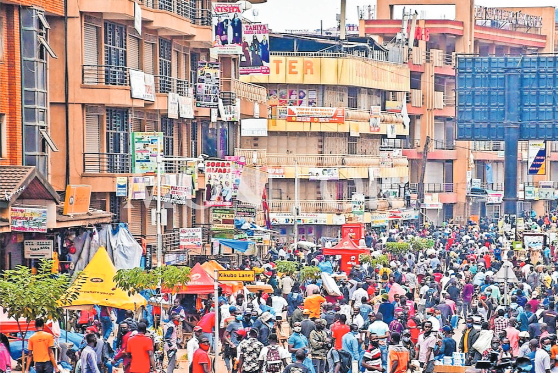Prime
Let’s prioritise hearing of election petitions

What you need to know:
- The Judiciary blames the Finance ministry of not sending funds to facilitate the hearings. Just like constitutional petitions, election petitions are by law supposed to be expeditiously heard. The Judiciary registered 104 parliamentary and 49 local government election petitions.
The Judiciary should have commenced hearing of parliamentary election petitions at the start of this month. But the same month is coming to an end without the scheduled hearing of petitions kick-starting.
The Judiciary blames the Finance ministry of not sending funds to facilitate the hearings. Just like constitutional petitions, election petitions are by law supposed to be expeditiously heard. The Judiciary registered 104 parliamentary and 49 local government election petitions.
In total, the election of 153 legislators and local government council officials is in dispute and needs to be determined with speed.
This means judicial officers have to put aside everything they are doing to hear any filed election dispute.
This is because elections are an exercise that affect very many people. So prolonging the hearing of these petitions means some legislators who could have fraudulently entered Parliament will continue drawing salaries and benefits at the expense of the rightful MPs.
Since the High Court exercise has been delayed by a month, this will translate into the Court of Appeal also delaying its disposal of any appeals that could come from the High Court.
Under the amended law, the Court of Appeal is the last court to determine parliamentary and local government council elections unlike before when the dispute process would go up to the Supreme Court.
We, therefore, urge the Finance ministry to release the funds to facilitate the hearing of the pending petitions as soon as possible so that the right leaders occupy the august House and local government councils.
The ongoing ping-pong between the Judiciary and Finance ministry should end and funds got to resolve these petitions.
In one of Daily Monitor’s stories, the Finance ministry claims to have wired the money to the Judiciary about a month ago, and officials claim their Judiciary counterparts knew the process of accessing the said money.
But the Judiciary denies seeing any of the said funds. Going forward, it is our proposal that the law is amended so that timelines are set for parliamentary and local government council election disputes, just like we see in presidential petitions.
Presidential election disputes are by law supposed to be determined within 45 days from the day of filing.
This will help our democracy grow by having the rightfully elected political leaders in their respective positions as soon as possible.




